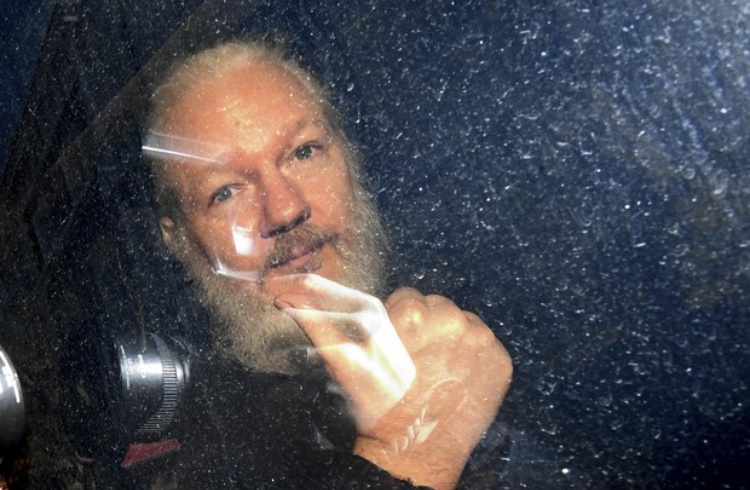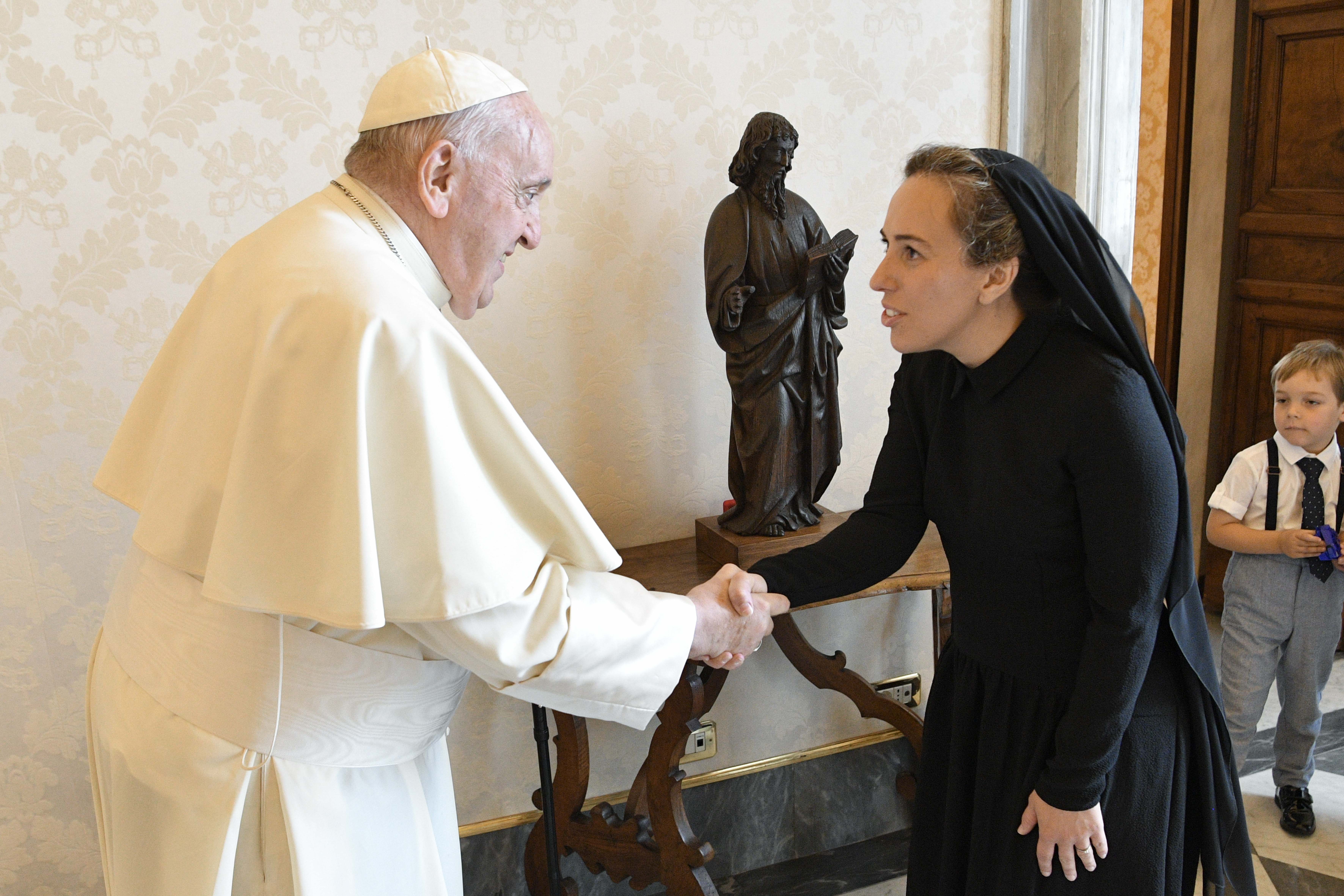
British High Court judges ruled on Tuesday that they would grant Australian journalist Julian Assange, co-founder of Wikileaks, a new appeal against the US extradition request. In doing so, the British judges gave the US a new opportunity to provide diplomatic assurances that Assange’s human rights would not be violated. The judges said a further hearing could take place on 20 May 2024. In the meantime, Assange will remain in London’s high-security Belmarsh prison without standing trial. Assange has been charged by the US Department of Justice with breaching the Espionage Act of 1917 by disclosing, since the year 2010, more than 700,000 classified or sensitive military and diplomatic documents from Washington that revealed US war crimes in Iraq and Afghanistan. The 52-year-old Australian journalist faces a maximum sentence of 175 years in prison in the US if convicted on 18 counts. Assange has become a symbol of free journalism. On the same day journalists and human rights activists staged demonstrations in Rome, Naples and Milan.
“Assange must return to be a free man.” Monsignor Giovanni Ricchiuti, President of Pax Christi and Bishop Emeritus of Altamura-Gravina-Acquaviva delle Fonti, told SIR: “This is good news.” The bishop had in the past acted as an intermediary between Assange’s family and the Holy See. Assange’s wife, Stella Assange, was granted a private audience in the Vatican with Pope Francis on 30 June 2023. “To see this persecution targeted at a man, a journalist, someone who is called to always speak or write the truth, is truly scandalous. He faces up to 175 years in prison just for speaking the truth!” Monsignor Ricchiuti said he hoped that Assange “will not be extradited, but above all that he will return a free man.”
 “One should never be afraid of the truth,” said the Bishop. Relationships, dialogue, attainable peace and reconciliation are based on truth. The persecution of those who speak the truth is a crime. The crime is committed by those who are afraid of the truth. And we know that truth died on the cross and that we were told: ‘The truth will set you free’.”
“One should never be afraid of the truth,” said the Bishop. Relationships, dialogue, attainable peace and reconciliation are based on truth. The persecution of those who speak the truth is a crime. The crime is committed by those who are afraid of the truth. And we know that truth died on the cross and that we were told: ‘The truth will set you free’.”
“Peace is also built on truth.” “For example, it hurts to know, so many years later, that the armed intervention in Iraq, with all that it entailed, could have been avoided,” he continues. “That it was US retribution under the Bush administration, based on the lie that Saddam Hussein had weapons of mass destruction that in fact did not exist. It hurts because peace is also built on the truth, on not being afraid of the truth or of telling the truth. Peace should be the result of justice and social justice. Not being afraid to speak the truth, that is to say “yes, yes, no, no”, is based on the Gospel. The truth must never be distorted.”
“More prophecy is needed.” Instead, he notes: “Partisan truth always prevails. But one should not be afraid to speak words like ‘genocide’ or ‘negotiation’, one should never be afraid of the truth. The only option is to gather around the negotiating table to pursue discussion and dialogue.” “I think that today we probably need prophecy more than diplomacy,” he concludes. “And I’m obviously not talking about real diplomacy, the kind that seeks to negotiate, to bring the opposing parties face to face, to intervene as a non-violent force. I am talking about prophecy within the Church, in interpersonal relations, in political relations”. In fact, at this time, Pax Christi is committed to denouncing war as a solution to conflicts, opposing the ongoing rearmament and the intention to amend Law 185/90, which regulates the arms trade in Italy.











